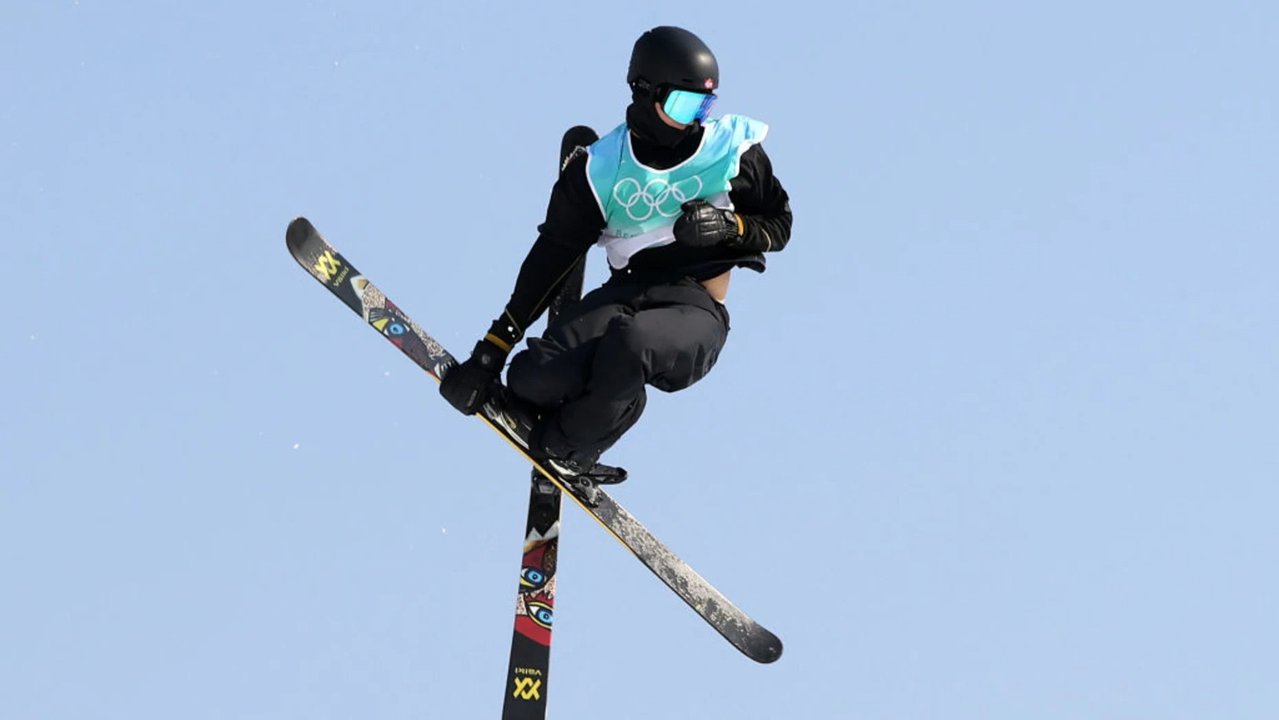Poles are making a comeback. Well, at least as a topic of conversation. Freeski Sweden brought the issue of poles vs no poles back to the mainstream conversation, with a post on the subject of poles in contests shortly before the first Big Air event of the season. They rightly pointed out that poles make grabbing more difficult but that they are a part of skiing, and on the contest scene at least, they should be used. They even appealed to the riders' sense of responsibility to the sport with the Olympics and the world stage close at hand.
Unfortunately, it didn't work out that way. Both Olympic Golds were taken poleless, and out of six podium athletes in Big Air, four went no poles. It is self-evident that dropping the poles does make grabbing easier and that many athletes will do whatever it takes to win. Today, in an unprecedented move, FIS announced that it would be banning poles from Big Air from '22, in order to level the playing field. The following extract from the press release explains the move:
"Thunersee, Switzerland, April 1 - After the closure of the past Olympic term, the FIS Freestyle committee has taken time to review the rules of freeskiing contests. In particular, we looked at the discrepancy in results between athletes who choose to use poles in Big Air contests and those who do not. It is clear that abandoning the use of poles correlates to an improvement in both score and contest rankings, with athletes receiving consistently higher scores from judges.
In light of such clear evidence, and with the new Olympic cycle beginning in Fall '22, we believe the fairest way forward is to ban the use of poles in all Freeski Big Air contests to ensure a level playing field for all athletes competing. In addition, we expect to see a small reduction in injuries as a result."
At the press briefing, Michael Vion, Secretary-General of FIS, welcomed the move: "It is most important that competitions are fair. It's not a sustainable situation for athletes to be given the freedom to choose in a FIS event. We need standardization in order to ensure fair competition. Clearly, it would be unfair to impose poles on those athletes already at the top of the sport and so the recently announced course of action is self-evident".
Horst Nilgen, FIS Ski Jumping Co-Ordinator, added that there is also a safety element: "Every time a skier leaves the ground, there is a risk and poles simply multiply that. They cause skier's thumb and they can easily end up damaging the athlete in a crash. Poles are also banned in both ski jumping and aerials because they make the sports easier and safer".
Sorry @macpforehand , apparently your recent "hot take" was way off the mark. This is for your own good, you gotta be able to grab that medal with both hands. But while we have your attention, if you could actually beat Birk in the next World Cup, maybe you can be the hero we all need and prevent the same in slopestyle? Because he's cleaning up with no poles there too.
... April Fools. For now.


Comments